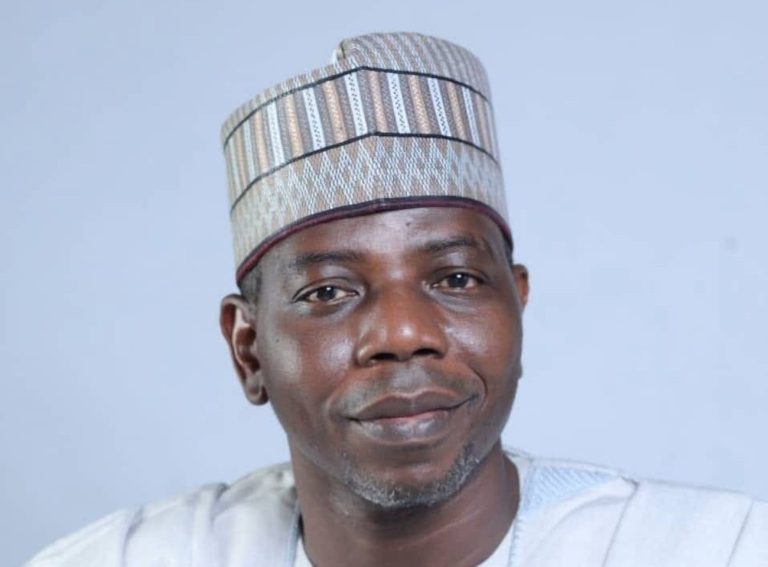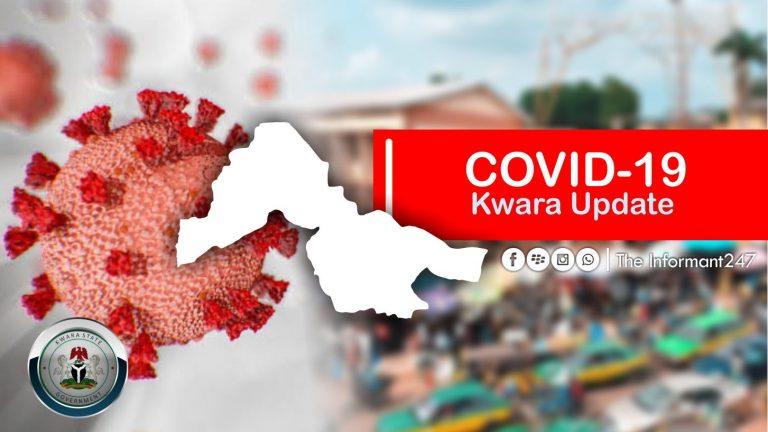Over 126 million Nigerians now on national database-Tinubu
President Bola Tinubu has revealed that no fewer than over 126 million of Nigerians have now been enrolled in the national database.
The president, who said the “126 million stories of visibility, empowerment, and inclusion”made the revelation in Abuja on Tuesday at the 2025 National Day of Identity.
President Tinubu said his administration is committed to building a Nigeria where every citizen’s identity is secure, trusted, and recognised across all platforms.
He emphasised that the celebration was not only to mark progress but to recommit to building a Nigeria where “every citizen’s identity is recognised, verifiable, and protected”.
The event was themed, ‘Public Key Infrastructure (PKI): Backbone to Digital Public Infrastructure’.
Tinubu described the identity as the foundation of citizenship and the “gateway to opportunity,” adding that this year reflects Nigeria’s drive to anchor its digital ecosystem on trust.
“The National Identity Number (NIN) is not merely an administrative number. It is the common key that unlocks opportunity, strengthens governance, and builds trust,” Tinubu said.
“Without PKI, digital interactions remain vulnerable. But with it, Nigeria can build an ecosystem where trust is guaranteed, fraud is reduced, services are streamlined, and every citizen can engage with government and private institutions with confidence.”
Tinubu also commended the National Identity Management Commission (NIMC), led by Abisoye Coker-Odusote as the director general (DG) and chief executive officer (CEO), for innovations such as the NINAUTH system, diaspora enrolment platforms, and the ward-level initiative using National Youth Service Corp (NYSC) members.
He highlighted integration with the bank verification number (BVN), health insurance, pension administration, social welfare, and even security services, as proof of identity’s role in national transformation.
In addition, Tinubu said the NIN is now critical to financial services, pensions, health insurance, social investment programmes, security operations, SIM registration, and transport regulation.
The lack of a national database has been described as a major problem to Nigeria’s development over the years.
As the rate of poverty in the country remains on the high, the need for accurate database is essential to equitable distributions of wealth among the citizens.







